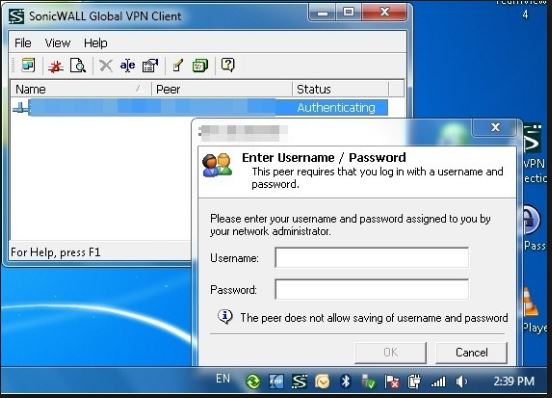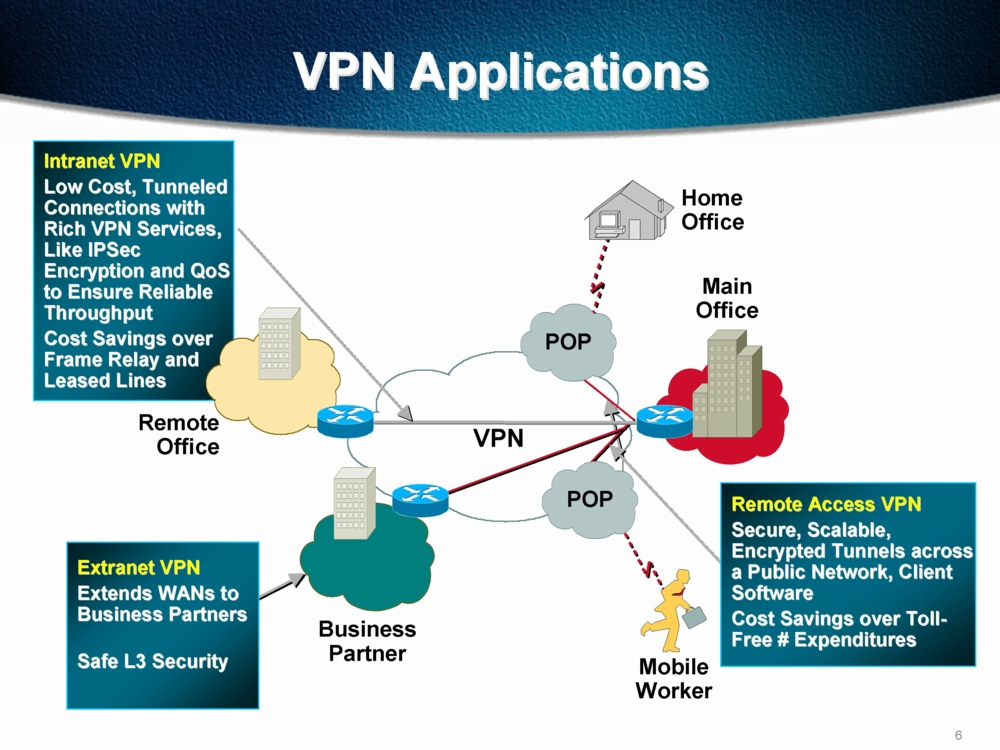

- Global vpn client vs netextender how to#
- Global vpn client vs netextender update#
- Global vpn client vs netextender download#
Maybe someone smarter than me can tell me if that makes sense? It seems to me that AES hardware acceleration could handle SSLVPN connections better? Idk. In the handy chart below, you can see a side-by-side comparison of SSL VPN & Global VPN products. Most likely BCM58** chips and ARMv8-A chips. How Global IPsec VPN & SSL VPN services differ depends on which layers of the network that authentication, encryption, & distribution of data occurs. The one idea I wanted to test was if you had better performance coming from routers/modems that have AES hardware acceleration in the chips. (Yes all my tests people had home internet speeds of 500mbps or 1gb) Unfortunately I gave up on testing some more with SSLVPN, because I would need to purchase some equipment to test out some ideas on why SSLVPN speeds are slower and why some people could get a little higher speeds than others. I would say thats the fastest I have seen.

There were a few users that could max at about 13mb/sec.

SSLVPN (NetExtender, Mobile Connect) was all over the place, but majority of Mobile Connect users couldn't surpass about 6-7mb/sec.
Global vpn client vs netextender download#
Roughly looking through my screenshots/documentation quick here, but using GlobalVPN/IPSec I have on a few occasions been able to download a file from the office at 50-60mb/sec which is pretty dang fast. Awhile back I did a lot of tweaking and testing SSLVPN capabilities because of our Mac users. We have a video production team and graphic design department with PC's and Mac's which is when speed is needed. It can be quite drastic actually.Īt our main office we use a NSa 4700 with symmetrical 1gb fiber connection. With our current Windows implementation, anyone who wants to connect via VPN just creates a new VPN connection in their OS.The biggest reason we still use GlobalVPN is speed. In a tutorial video, I saw that SSL-VPN through SonicWALL uses a web portal system to connect to VPN. If I go with SonicWALL, it seems that it would be better to use the SSL-VPN rather than the "normal" VPN option. While pre-configured or fat client is preferential for most network users, many IT organizations are making the switch to a thin client or SSL VPN model in order to reduce costs and better protect their network from security risks. Is it "better" to use the VPN functionality built into SonicWALL or to use Windows "Routing and Remote Access Service"? By "better", I mean, are the two equivalent choices with one being a clearly superior option to the other? Netextender: Deliver seamless, secure network layer access from anywhere. I'm pretty new to dealing with server configuration and firewall stuff, so I had a couple questions about this: While investigating how VPN had been configured for SVN, I found that we weren't using our SonicWall's VPN/SSLVPN - we were using our Windows Server 2008 machine's "Routing and Remote Access Service".
Global vpn client vs netextender how to#
I wanted to expose a couple more resources via VPN (namely, we're revving up some internal Git repositories that we'll want to access through VPN), so I was exploring how to get that working.
Global vpn client vs netextender update#
One of the last things he implemented before leaving was a VPN connection to our SVN repositories hosted inside the company firewall (so people could update and commit to SVN remotely). Until recently, the small company I work for (~10 people) has relied on an IT resource to manage our network infrastructure.


 0 kommentar(er)
0 kommentar(er)
